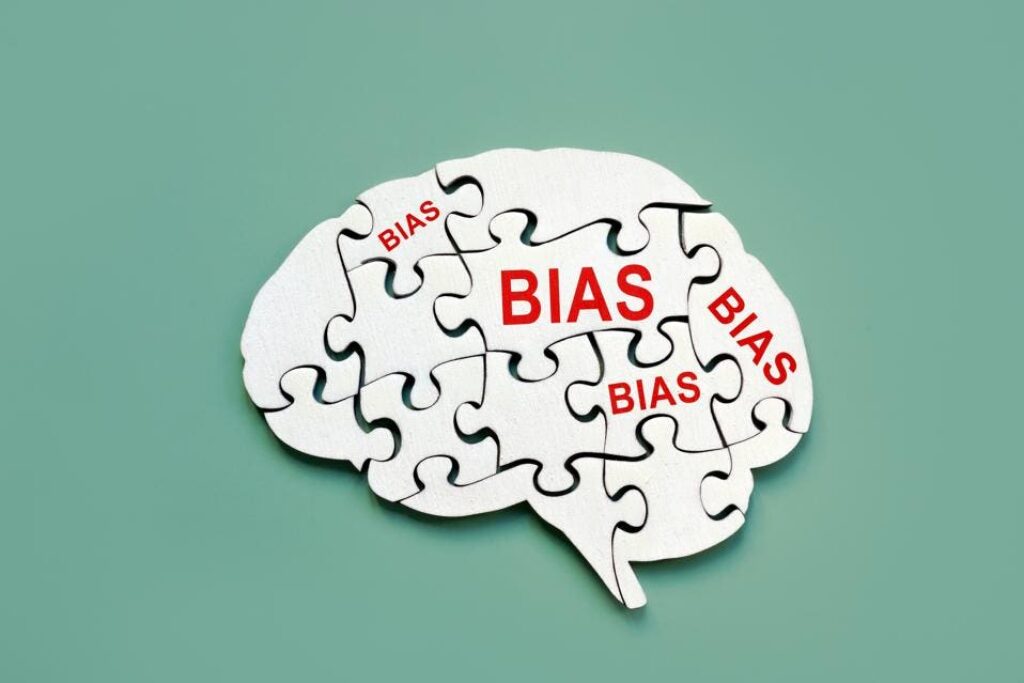
Have you ever wondered why you make the financial decisions you do? The psychology of money dives into this question by studying our behavior with money. It’s fascinating how our emotions, beliefs, and habits shape our financial lives. Understanding the psychology of money can help us make better financial decisions and achieve our financial goals.
Table of Contents
How Debt Consolidation Ties In

Source: corporatefinanceinstitute.com
Debt consolidation isn’t just about numbers and interest rates; it’s also about psychology. When you consolidate your debt, you’re making a decision that can simplify your financial life and reduce stress. This move can change how you feel about your finances, making it easier to stick to a repayment plan and avoid the habits that got you into debt in the first place. By understanding the psychology behind debt consolidation, you can make a more informed choice that benefits your overall financial well-being.
The Influence of Upbringing and Environment
Our attitudes towards money often stem from our upbringing and environments. The way our parents handled money, the financial situations we grew up in, and the messages we received about money all play a significant role in shaping our financial behaviors.
Childhood Lessons
Think back to your childhood. Were your parents savers or spenders? Did they talk openly about money, or was it a taboo subject? These early experiences can leave lasting impressions that influence how you handle money as an adult. If you grew up in a household where money was tight, you might have a scarcity mindset, always worrying about running out of money. Conversely, if your family was financially comfortable, you might be more relaxed about spending.
Social Influences
Our social circles also impact our financial behaviors. We often compare ourselves to friends, neighbors, and colleagues, sometimes leading to unhealthy financial decisions. Keeping up with the Joneses can tempt us to spend beyond our means. Recognizing these influences can help us make more conscious and intentional financial choices.
Emotions and Money

Source: npr.org
Money isn’t just a practical tool; it’s also deeply emotional. Our feelings can drive our financial decisions, sometimes leading to choices that aren’t in our best interest.
Fear and Anxiety
Fear and anxiety about money are common emotions that can influence our behavior. For example, fear of not having enough money for retirement might lead someone to hoard cash and avoid investing, even though investing could offer better long-term returns. Similarly, anxiety about debt can lead to avoidance, where you ignore bills and let debt pile up, making the situation worse.
Happiness and Spending
On the flip side, we often associate spending with happiness. Retail therapy is a real phenomenon where people shop to improve their mood. While buying something new can provide a temporary boost, it’s important to recognize when emotional spending is becoming a habit. Finding healthier ways to manage emotions, like exercising or talking to a friend, can help curb impulsive spending.
Cognitive Biases and Money

Source: forbes.com
Our brains are wired to make quick decisions, but these mental shortcuts, or cognitive biases, can sometimes lead us astray financially.
Confirmation Bias
Confirmation bias is our tendency to seek out information that confirms our existing beliefs and ignore information that contradicts them. For example, if you believe that investing in a certain stock is a good idea, you might focus on positive news about that stock and disregard any negative reports. Being aware of this bias can help you make more balanced and informed financial decisions.
Overconfidence
Overconfidence can lead us to overestimate our financial knowledge and abilities. This can result in taking on too much risk, such as investing heavily in a single stock or making large purchases without proper planning. Acknowledging the limits of your knowledge and seeking advice from financial experts can mitigate the risks of overconfidence.
The Power of Habits
Our financial habits, whether good or bad, play a crucial role in our financial health. Developing positive financial habits can lead to long-term success.
Budgeting and Saving

Source: mystudylife.com
Creating and sticking to a budget is a powerful habit that can help you manage your money more effectively. A budget gives you a clear picture of your income and expenses, helping you identify areas where you can cut back and save more. Automating your savings is another great habit. By setting up automatic transfers to a savings account, you can ensure that you save regularly without having to think about it.
Regular Financial Check-ins
Regularly reviewing your financial situation can keep you on track toward your goals. Schedule monthly or quarterly financial check-ins to review your budget, track your progress, and make any necessary adjustments. This habit can help you stay accountable and make informed decisions.
Strategies for Better Financial Decisions
Understanding the psychology of money can help you develop strategies for making better financial decisions.
Mindfulness and Money

Source: yogajournal.com
Practicing mindfulness can improve your financial decision-making. Before making a financial decision, take a moment to consider why you’re making it. Are you influenced by emotions or social pressures? Does the decision align with your long-term goals? Being mindful can help you make choices that are in your best interest.
Setting Clear Goals
Setting clear, achievable financial goals can provide direction and motivation. Whether you’re saving for a down payment on a house, paying off debt, or building an emergency fund, having specific goals can help you stay focused and make better financial decisions.
Seeking Professional Help

Source: framexec.com
Sometimes, the best way to improve your financial situation is to seek help from a professional. Financial advisors can provide personalized advice and strategies based on your unique situation. They can help you overcome cognitive biases, develop good habits, and achieve your financial goals.
Conclusion: Mastering Your Money Mindset
Understanding the psychology of money is key to mastering your financial life. By recognizing the influences of upbringing, emotions, cognitive biases, and habits, you can take control of your financial decisions. Whether you’re considering debt consolidation, setting financial goals, or developing better habits, being aware of the psychological factors at play can help you make smarter, more informed choices. Remember, your financial journey is as much about mindset as it is about money.







